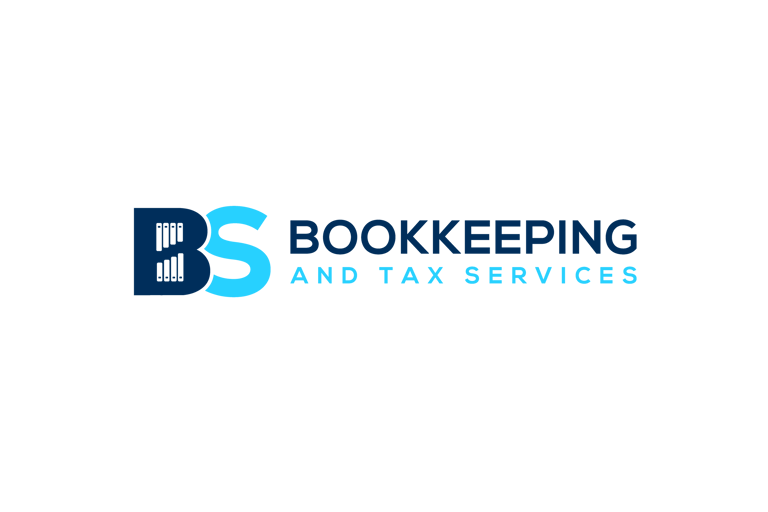🛍️ Get 15% Off for Your First 6 Months!
Accounting for the Auto Industry in Canada: Bookkeeping & Tax Tips for 2025
The automotive industry in Canada is entering a transformative phase in 2025. From car dealerships and auto repair shops to car rental businesses and parts suppliers, every sector is experiencing rapid growth. Alongside this expansion, the financial side of running an auto business is becoming increasingly complex. With challenges such as managing large inventories, handling payroll for diverse teams, and staying compliant with GST/HST rules, proper bookkeeping is no longer optional — it’s essential for survival. In this blog, we’ll explore the unique accounting needs of the auto industry and how small to medium businesses can optimize their financial management for profitability and compliance.
9/17/20252 min read
1.Why the Auto Industry Requires Specialized Accounting
Unlike many other businesses, the auto industry deals with:
High-value transactions: Selling vehicles involves large sums and financing arrangements.
Inventory management: Cars, tires, tools, and spare parts require precise tracking.
Multiple revenue streams: Dealerships often handle sales, service, financing, and warranties.
Regulatory obligations: CRA requires accurate tax reporting, especially around GST/HST and payroll deductions.
This makes specialized bookkeeping and tax planning a must.
2. Key Accounting Challenges in the Auto Sector
a) Inventory & Cost Management
Auto businesses often have millions tied up in vehicles or parts. Poor tracking can lead to:
Misstated profit margins
Overstocking or stock shortages
Tax inaccuracies
📌 Tip: Use integrated accounting + inventory management software to track real-time stock levels.
b) Payroll Complexity
From mechanics to salespeople, payroll in the auto industry can be tricky:
Commission-based pay for sales teams
Overtime for mechanics
Seasonal staff fluctuations
📌 Tip: Automating payroll saves time and ensures compliance with CRA payroll deductions (CPP, EI, and Income Tax).
c) Tax Compliance & CRA Audits
The auto industry has some of the most audited tax categories in Canada. Common CRA checks include:
GST/HST collection on sales, leases, and repairs
Input Tax Credit (ITC) claims on parts and supplies
Deductible expenses such as fuel, repairs, or advertising
📌 Tip: Keep digital receipts and records — CRA accepts digital formats if properly stored.
🧾 3. Tax Considerations for Auto Businesses
The tax landscape for automotive businesses is complex. Here are some essentials:
GST/HST Rules: Vehicle sales, leases, and even warranty work can be taxable. Knowing when to charge GST/HST and when not to is crucial.
Input Tax Credits (ITCs): Businesses can claim ITCs on tools, equipment, and even electricity used in operations.
Depreciation: Vehicles owned by the business must be depreciated under CRA’s Capital Cost Allowance (CCA) rules.
Deductible Expenses: Fuel, uniforms, insurance, and advertising are typically deductible.
📌 Tip: A bookkeeping professional can help maximize deductions while avoiding CRA penalties.
📊 4. Best Bookkeeping Practices for Auto Businesses
Use Cloud Accounting
Platforms like QuickBooks and Xero provide real-time access to financials, which is crucial for fast-paced businesses.Reconcile Weekly
With high transaction volumes, monthly reconciliation is too risky. Weekly or even daily reconciliations keep records accurate.Track Multiple Revenue Streams Separately
Separate income from sales, services, rentals, and warranties for clarity.Automate as Much as Possible
Invoicing, payroll, and expense categorization can all be automated to save time.
📈 5. Benefits of Professional Bookkeeping for Auto Industry
Hiring an experienced bookkeeping & tax service helps auto businesses:
Ensure CRA compliance with GST/HST and payroll rules
Generate accurate profit & loss statements
Save money by identifying missed deductions
Free up time so owners can focus on customers, not paperwork
Provide financial insights for better decision-making
⚙️ 6. Future Trends in Auto Industry Accounting (2025 & Beyond)
AI-powered accounting: AI can flag unusual transactions and predict cash flow.
Digital invoicing: CRA’s move toward e-invoicing means paper invoices will soon fade.
Eco-friendly deductions: With the EV boom, businesses may benefit from green tax incentives.
✅ Conclusion
The auto industry in Canada is thriving, but financial complexity is growing just as fast. From dealerships to small repair shops, every auto business must manage cash flow, payroll, and taxes effectively to stay profitable and compliant.
👉 Partnering with experts like BS Bookkeeping & Tax Services ensures your finances are in safe hands — giving you the freedom to grow your business confidently.
🔗 Internal Link
If you found this useful, don’t miss our blog on AI in Accounting: How Artificial Intelligence is Changing Bookkeeping & Tax in Canada.


